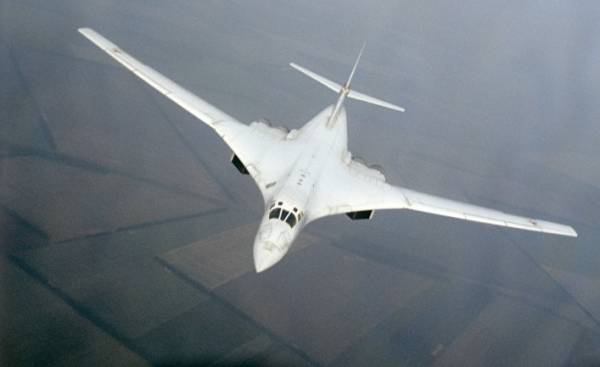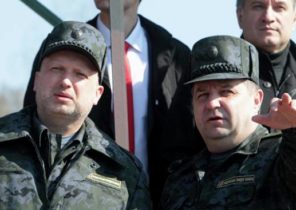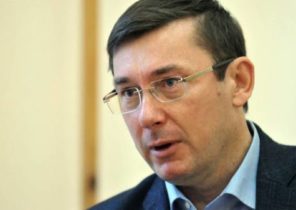
Russian warplanes again visible in the sky as in the Baltic and European coasts. Anyway, at their heels follows the “air police” NATO. French pilots talk about a major but have not yet led to incidents meetings.
In training, they practiced each step thousands of times. Only now it’s for real. And when you hear the alarm, they have only a few minutes to put on a jumpsuit and jump in the aircraft. How many minutes? Both pilots look questioningly at the Lieutenant that was sent by the press service of the armed forces, but she just shakes her head-this information should remain confidential. In any case, according to them, everything is happening “very quickly”, and that is the principle of “permanent duty” hour readiness for departure to identify and, at worst, neutralize the threat in the airspace of the country.
“Knight and his squires”
We are located on the base 116 in a few miles from Luxeuil-Les-Bains in Haute saône. There are more than thousands of people who serve a handful of pilots. “This is the principle of the air force: he is a knight, and we, the squires,” smiles Sergeant Henry. They are comrades serve in a special unit, the group “1/2 Storks”, which deals exclusively with air patrols. Easy to recognize by their “working tool”, painted in gray-blue Mirage 2000-5F with missiles air-air.
What was their last flight? Interception on 9 February, two Tu-160, which arrived from the North, raising the ears of the air defense forces of half of European countries, and then made a u-turn at the Bay of Biscay and headed for Russia. This supersonic strategic bomber was nicknamed the “White Swan” and can carry up to 40 tons of weapons, including nuclear. This jewel of the Russian air force in recent times appears off the coast of the Western countries.
23 departure
Anyway, for “Storks” Russians — old friends. Four Mirage only recently returned from a base in the Lithuanian city of Siauliai, where they provided the defense of the Baltic States in the framework of the ongoing NATO mission. For four months they had to make 23 departure on alert for missions “monitoring, control and identification”, as emphasized in the headquarters, preferring to avoid the word “interception”. “It would be wrong because the Russians never violated the airspace of the Baltic States,” explains the group commander Colonel Isaac Diakite (Isaac Diakité).
The same applies to the two Tu-160, which passed on 9 February along the coasts of Brittany, without breaking the line set at 12 nautical miles. What if these Express flights? Turned off the transponder, no flight plan and the doubt, are already sufficient reasons to raise the alarm. Mirage always fly in pairs, and the convergence goes on well-established Protocol: the leader flies closer to the target to set the model and registration number and also take pictures, while his partner is watching the situation.
“Sometimes we wave to each other hand”
Lois, one of the French pilots, had to jump on a plane on the day of arrival of the squadron in šiauliai at the beginning of September. He remembered it because of the difficulties with overhang: twilight on the runway, pitch-black night over the Baltic sea. “We had to turn the spotlight to understand what we’re dealing with,” he recalls. Then it was a transport aircraft an-26. Then, after a few weeks all this has become “almost routine”. “We make shots, the Russians, too. Sometimes we wave to each other hand. Everyone is doing their job,” said the young captain. “The most important thing — a cool head,” added another pilot Nicolas. “Unlike the Baltic States, we do not have with them any historical liabilities. The Russians are not our enemies. Are they here? Well, we, too,” he continues.
The completed corridor
Four months in Lithuania, Nicolas, Lois, Henry and other saw a lot of planes with a red star in the sky over the Baltic sea: the military transports, bombers and fighters, singly or in groups. “Sometimes they are a weapon, sometimes not,” said the Colonel Diakite. All go on the same air corridor that connects the North of Russia with the Kaliningrad region: the present and heavily loaded air line. The West is closely watching her, as he suspects that the Russians are unable to deliver to Kaliningrad the different military equipment, including on Board civil aircraft. Anyway, their appearance does not cause much anxiety among French pilots. “When we have to make a departure in France, the reasons can be a lot more: in cruise ship accident, kidnapping, aircraft, drone… In the Baltic States, all confined to the Russians,” explains Nicolas.
In any case, a cakewalk mission is also not to name, said the Colonel Diakite: “Tension is felt constantly. We understand that any incident may lead to tectonic effects at the international level.” Apparently, this was the reason why France says little about these operations and, unlike the British, Spaniards and Belgians publishes very few photos of “meetings” with the Russians in the sky. According to the Ministry of defence of Lithuania, ensuring the security of the Baltic States, NATO aircraft made 110 extra departures for the year 2016.







